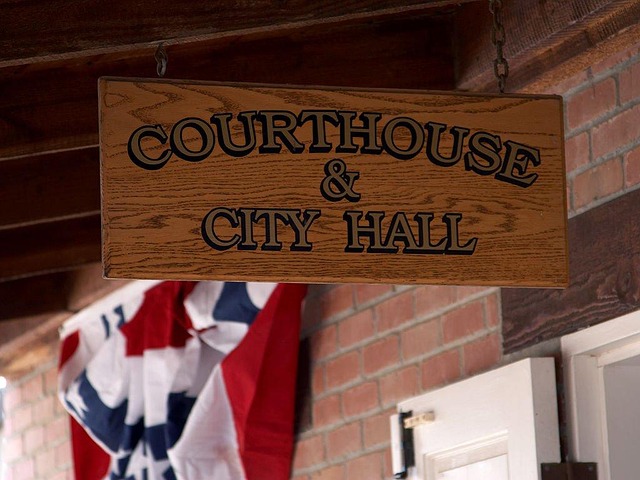Fraudulent financial practices, from accounting fraud to insurance claims manipulation, have severe repercussions, including substantial legal costs associated with defending against libel claims. These cases are complex, requiring skilled white-collar defense lawyers to protect reputations and mitigate long-term effects on financial stability. Businesses can significantly reduce the cost to defend against libel claims by implementing robust internal controls, staying updated on regulations, fostering integrity, and training employees to recognize fraudulent behavior.
In the intricate landscape of finance, fraudulent practices pose a persistent threat, undermining the integrity of markets and damaging individuals’ trust. This article delves into the multifaceted issue of fraudulent financial practices, exploring their various forms and profound impacts. We dissect the legal implications, with a particular focus on navigating libel claims and understanding the significant cost to defend against such allegations. Furthermore, it offers practical strategies to mitigate risks and fortify defenses against fraudulent activities.
- Understanding Fraudulent Financial Practices: Types and Impacts
- The Legal Implications: Navigating Libel Claims and Defense Costs
- Strategies to Mitigate Risks and Protect Against Fraudulent Activities
Understanding Fraudulent Financial Practices: Types and Impacts
Fraudulent financial practices encompass a wide range of illicit activities aimed at manipulating or deceiving individuals and institutions for personal gain. These practices can take various forms, from accounting fraud and investment scams to embezzlement and insurance claims manipulation. Understanding these schemes is crucial in mitigating their devastating impacts. One of the most significant consequences is the substantial cost to defend against libel claims, as businesses and individuals often find themselves caught in legal battles to protect their reputations.
The impact extends beyond financial losses; it erodes trust in financial systems and institutions. For example, white-collar defense lawyers play a vital role in helping clients navigate these complex cases. Their expertise in constructing winning challenging defense verdicts demonstrates the importance of robust legal strategies in countering fraudulent activities. By employing skilled counsel, victims can seek justice while minimizing the long-term effects on their financial stability and public image.
The Legal Implications: Navigating Libel Claims and Defense Costs
In the realm of fraudulent financial practices, one of the significant legal challenges businesses and individuals face is navigating libel claims. These claims can arise from inaccurate or misleading statements made about a company’s financial integrity or dealings, which may have severe repercussions. The cost to defend against such allegations can be astronomical, often straining organizational resources and endangering financial stability. High-stakes cases demanding meticulous attention to detail and strategic planning are common in this landscape.
Winning challenging defense verdicts in these scenarios is not merely about proving innocence; it’s about demonstrating the absence of malicious intent and ensuring communications remain within legal boundaries. Achieving extraordinary results in defending against libel claims requires robust legal strategies, thorough documentation, and a deep understanding of financial regulations. The goal is to protect reputations and safeguard against unwarranted legal liabilities, which are especially critical in competitive markets where rumour and misinformation can swiftly impact business prospects.
Strategies to Mitigate Risks and Protect Against Fraudulent Activities
To mitigate risks and protect against fraudulent activities, businesses must adopt a multi-faceted approach. First, implementing robust internal controls and procedures is essential. This includes regular audits, segregation of duties, and strict adherence to compliance standards. By ensuring that financial processes are transparent and well-documented, companies can significantly reduce the likelihood of fraud. Additionally, staying up-to-date with industry regulations and best practices allows businesses to anticipate and address emerging fraudulent schemes.
Training employees on fraud awareness and prevention is another crucial strategy. Educating staff members about common signs of fraudulent behavior empowers them to identify potential risks. An unprecedented track record of achieving extraordinary results in fraud detection can be attributed to organizations that foster a culture of integrity and ethical conduct. Furthermore, staying vigilant across the country and globally enables businesses to share intelligence and adapt their defenses accordingly, thus safeguarding their financial interests with greater efficiency.
Fraudulent financial practices pose significant threats to individuals, businesses, and the economy at large. Understanding common types of financial fraud, such as embezzlement, insider trading, and accounting manipulation, is crucial for minimizing their impacts. Legal implications, including navigating libel claims and managing escalating defense costs, can be daunting but are essential components in combating fraudulent activities. By implementing robust risk mitigation strategies, organizations can protect themselves and foster a more transparent and secure financial environment. Remember that proactive measures to prevent fraud not only safeguard against significant legal expenses related to defending against libel claims but also uphold the integrity of financial systems.






